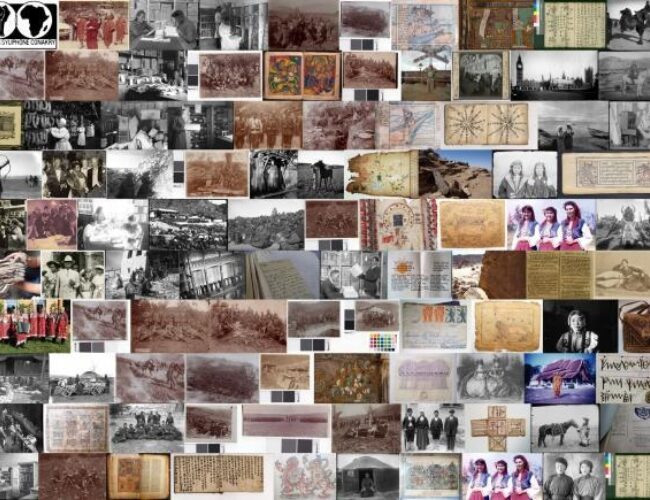While travelling across the Near East and Central Asia in the 19th and 20th centuries, Soviet historian Aleksandr Semyonov collected material around the history and culture of the Ismaili people. The rare collections at Semyonov’s Memorial Library in Dushanbe, Tajikistan provide invaluable resources for scholars and students on Ismailism and Islam.

Semyonov’s Memorial Library has been operating since 1958 within the Institute of History, Archaeology, and Ethnography of the Academy of Science of the Republic of Tajikistan. Aleksandr Semyonov and other Russian Oriental scholars collected valuable materials about the history and culture of the Ismaili people making a significant contribution to the study of Islamic philosophy, theology, and anthropology. One of the smallest Islamic sects, the Ismaili people are not known to many researchers and wider audiences, and are often misunderstood both in terms of their religious tenets and historical background. The rare collections at Semyonov’s Memorial Library shed light on their rich culture and history, including their early stages of development.
Since the independence of Tajikistan from the Soviet Union in 1991, Semyonov’s Library has not received sufficient funding to modernise its facilities. Inadequate care and a lack of funding put the material at great risk of disappearing.
This pilot survey project aimed to create a catalogue of the collection. Over the course of five months, the library developed an electronic catalogue for the 8,611 items held in the library. In the process, a number of books were cleaned and repaired to ensure preservation.
